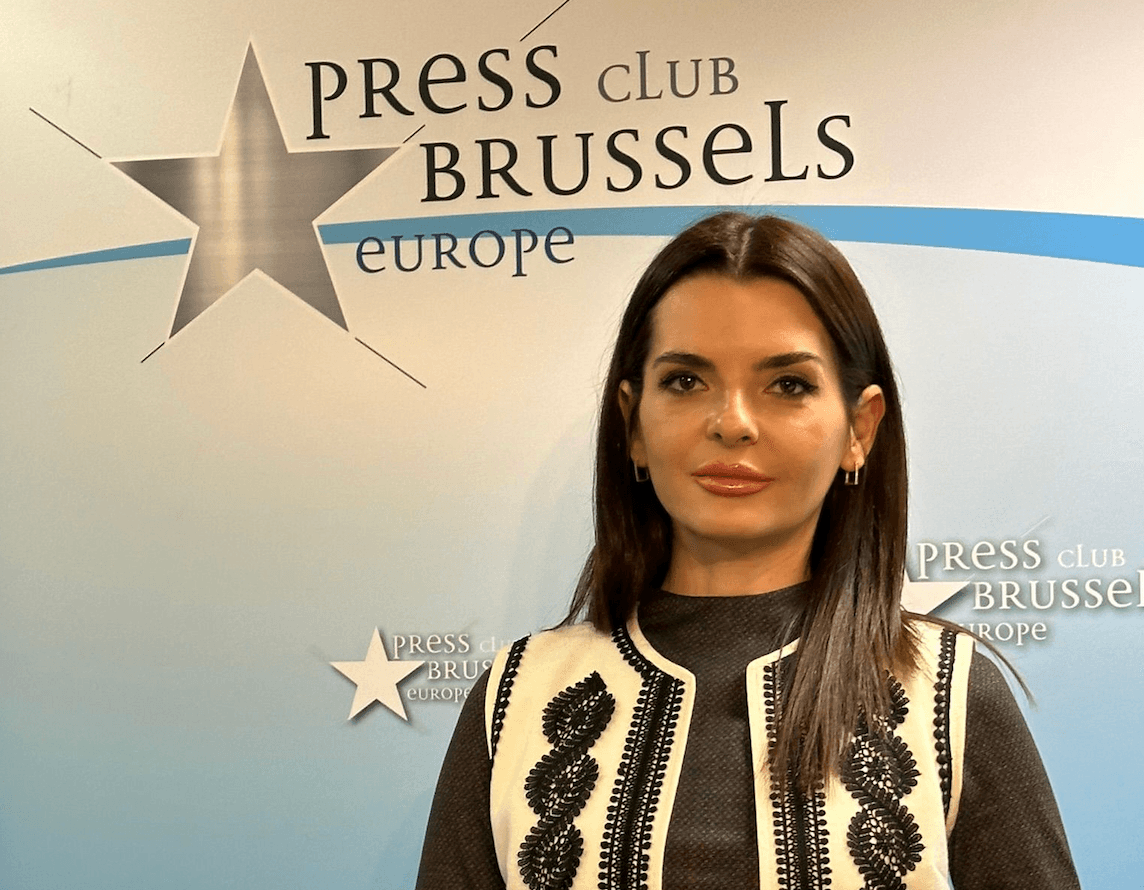A court in Chişinău has ordered her detention for 30 days as part of an ongoing investigation into the alleged illegal financing of her 2023 electoral campaign.
Following her detention, Guţul issued separate appeals to Russian President Vladimir Putin and Turkish President Recep Tayyip Erdoğan. Her message to the Kremlin leader focused on soliciting personal support, while her message to Erdoğan called for assistance directed towards the Gagauz people. Critics have noted that during her tenure, Guţul did little to promote Gagauz cultural identity or autonomy.
The Russian Ministry of Foreign Affairs responded to the arrest by accusing Moldova of politically motivated repression. In turn, the Moldovan Ministry of Foreign Affairs rejected the allegations and stated that Russia’s reaction reveals a readiness to support organised criminal groups under the guise of political opposition.
This exchange forms part of a broader pattern in Moldova’s post-Soviet political history. For decades, Russia has actively supported parties in Moldova aligned with pro-Soviet or pro-Russian ideologies in an effort to retain political and economic influence in the country. Initially, this backing focused on the Party of Communists of the Republic of Moldova, led by former President Vladimir Voronin. The party enjoyed considerable success in parliamentary elections and at times controlled both the presidency and the government.
As the appeal of the communists waned, the Kremlin shifted its support to the Party of Socialists of the Republic of Moldova (PSRM), formed by former members of the Communist Party. The PSRM also maintained significant political influence, and its leader Igor Dodon won the presidency in 2016.
However, as Moldova’s electorate grew younger and increasingly distanced from Soviet nostalgia, support for traditional pro-Russian parties declined. In response, Russian influence operations in Moldova turned towards more unconventional allies, most notably the Şor Party, established by fugitive businessman Ilan Şor, who is currently residing in Russia and is wanted by Moldovan authorities.
Evghenia Guţul, who won the 2023 bashkan elections in Gagauzia under the Şor Party banner, is now the subject of an investigation by Moldova’s National Anticorruption Centre. Authorities have reportedly uncovered evidence of substantial financial transfers from unidentified sources into Guţul’s accounts. These funds are alleged to have been used to finance her electoral campaign.
The funding patterns bear similarities to the modus operandi associated with Şor, whose political ventures in Moldova have frequently raised questions about legality and external backing. At the time of Guţul’s election, there was speculation that Şor had effectively “purchased” influence in Gagauzia.
Despite these concerns, there is no evidence suggesting the Moldovan authorities attempted to manipulate the outcome of the bashkan elections. In fact, the runner-up in that election was a candidate from the PSRM, indicating that pro-Russian sentiment remains strong in the region. Observers have pointed out that, in a clean electoral process, the PSRM candidate would likely have won, as has happened in previous elections.
Beyond the campaign finance allegations, Guţul is also being investigated for involvement in illicit financial transactions during her earlier work in the Şor Party’s administrative offices. The Şor Party has been accused of functioning primarily as a political vehicle for Ilan Şor’s personal interests, which reportedly include maintaining political cover in exchange for business opportunities and protection from prosecution in Russia.
Guţul’s attempt to flee Moldova follows a pattern seen with other Şor Party affiliates. Marina Tauber, another high-ranking member and former mayoral candidate in Bălţi, Moldova’s second-largest city, is currently abroad, also facing charges related to the party’s activities.
This dynamic—rapid political ascension backed by opaque funding sources followed by attempts to avoid legal consequences—is increasingly familiar in Moldova’s political landscape. Şor himself has been linked to the so-called “theft of the century”, involving the disappearance of $1 billion from Moldovan banks, a scandal which deeply damaged public trust and international credibility.
If Moldovan law enforcement agencies succeed in substantiating the criminal allegations against Guţul and other Şor affiliates, this may cast doubt on the legitimacy of their participation in past electoral processes. It would also undermine Moscow’s strategy in Moldova, where overtly pro-Kremlin forces are already struggling to retain influence.
The Kremlin’s ongoing objective in Moldova has been to reassert political control and to ensure the country aligns its foreign policy away from the European Union and Ukraine. The wider geopolitical strategy appears to include surrounding Ukraine with governments sympathetic or subordinate to Russian interests. In this context, individuals like Ilan Şor and his political proxies have become instrumental to Moscow’s regional ambitions.
However, the mounting legal challenges facing these actors suggest that the Kremlin’s reliance on such figures may prove a strategic liability. If Moldova succeeds in enforcing accountability and strengthening electoral integrity, the space for overt Russian influence through criminal-political networks may narrow significantly.
Read also:
EU Imposes Sanctions on Gagauzia’s Leader and Others for Destabilising Moldova
Post Views: 615
